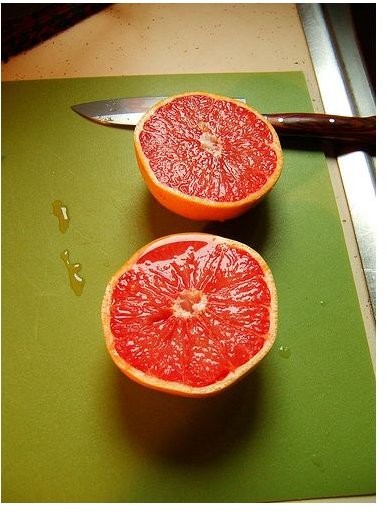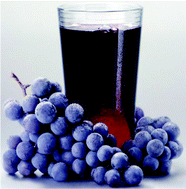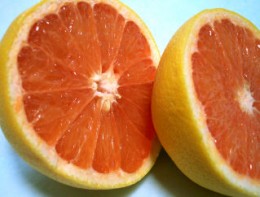

The main interactions are with enzymes (proteins) in your body called cytochromes (CYPs) that are used to break down (metabolize) many medications. Fruit juicesįruit juices have many substances and properties that can interact with medications and their ability to be broken down by your liver. Your healthcare provider may be able to tell you how many bananas to limit yourself to every day. There is no strong evidence that bananas should be avoided altogether when taking certain medications, but it’s important to be aware of these possible effects when they are eaten in large quantities. Very high potassium levels in your body may cause irregular heartbeat or loss of heart function - known as cardiac arrest. Over-the-counter (OTC) pain medications like ibuprofen (Advil, Motrin) and naproxen (Aleve, Naprosyn) can also raise potassium levels. Some medications - like ARBs (angiotensin II receptor blockers) and ACE (angiotensin-converting enzyme) inhibitors used to lower blood pressure - may raise potassium levels in your body. Potassium also helps support the function of nerves and maintenance of overall muscle health.

Bananasīananas are rich in potassium, which plays an important role in the function of heart cells and maintaining a regular heartbeat. If you regularly drink coffee or caffeine and are taking medications like the ones mentioned above, it’s recommended to talk to your healthcare provider about possible interactions. Tricyclic antidepressants ( TCAs) such as amitriptyline (Elavil) and clomipramine (Anafranil)

Heart medications such as propafenone (Rythmol), propranolol (Inderal), and verapamil (Calan) Groups of medications that may be affected when drinking coffee or other caffeinated beverages include:ĪDHD medications such as Adderall (mixed amphetamine salts) and other stimulantsĪnesthetics such as ropivacaine (Naropin)Īnticoagulants such as warfarin (Coumadin, Jantoven)Īntipsychotics such as clozapine (Clozaril), haloperidol (Haldol), olanzapine (Zyprexa) Coffee can also change the acidity of a person’s stomach, which can alter the way medications are absorbed or broken down. Caffeine can temporarily raise a person’s heart rate and blood pressure. Several medications may interact with coffee or other products that contain caffeine, such as tea, soda, some migraine medications, and certain dietary supplements. When possible, have a conversation with your healthcare provider or pharmacist about all of the medications and supplements you take to see if any of them may interact with parts of your diet.

Please note this is not an all-inclusive list of possible interactions. Below are five common foods and drinks that may cause an interaction. Like mentioned, it’s important to be aware of possible interactions between your diet and the medications that you take. My Journey: Loving a Son With a Food Allergy Written by Judi Ketteler 5 foods and drinks that can interact with your medications


 0 kommentar(er)
0 kommentar(er)
